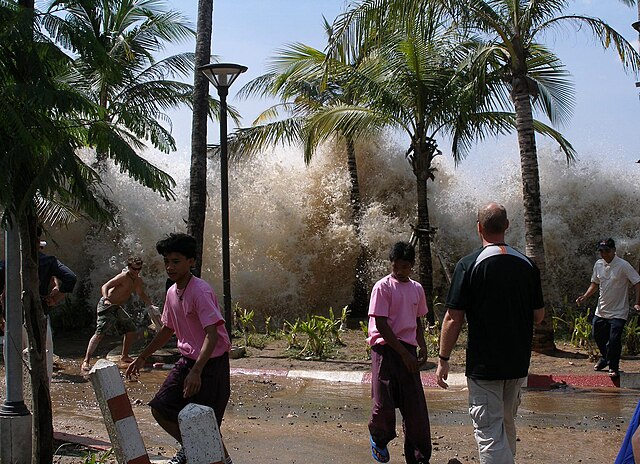Infinite photos and videos for every Wiki article ·
Find something interesting to watch in seconds
Supercars
Celebrities
Best Campuses
Great Museums
Recovered Treasures
Great Artists
Ancient Marvels
Orders and Medals
Presidents
Sports
Crown Jewels
World Banknotes
Tallest Buildings
Richest US Counties
Great Cities
Kings of France
Animals
Largest Empires
Largest Palaces
Famous Castles
Rare Coins
Wars and Battles
Wonders of Nature
Countries of the World
History by Country
British Monarchs
more top lists






